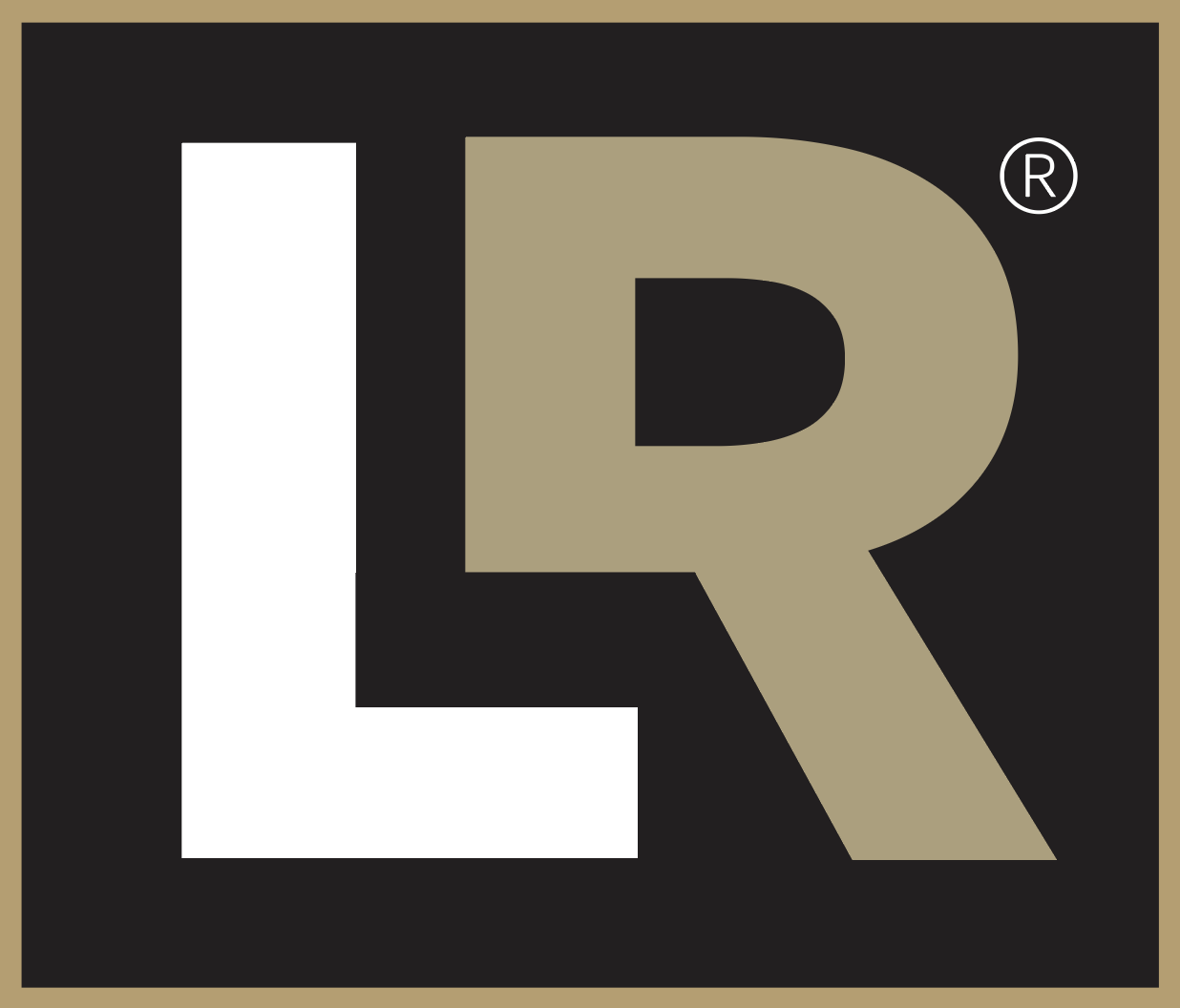Open Payments Will Diminish Trust in U.S. Doctors, Study Says

Open Payments Will Diminish Trust in U.S. Doctors, Study Says
“An unintended consequence of the public disclosure of industry payments via Open Payments may have been diminished trust among American individuals in their physicians,” write Genevieve P. Kanter, PhD, of the University of Pennsylvania, Philadelphia, and her colleagues in an article published online April 12 in JAMA Network Open. This disclosure is likely to impact the entire industry regardless of whether certain physicians choose to accept financial support from drug manufacturers or medial suppliers, according to the study’s authors.In a survey of 1388 U.S. adults that was conducted before the onset of the new system and after the launch of the federal Open Payments database, the article’s authors found a “2.7% decline in trust in one’s own physician, as assessed using the validated Wake Forest measure of trust.” This occurred despite the fact that many of the survey respondents’ doctors had not received industry payments.“Therefore, public disclosure may have resulted in negative reputational spillovers affecting ‘pharma-free’ physicians and physicians with industry ties,” the authors state.
 Photo by Mark Solarski on Unsplash
Photo by Mark Solarski on Unsplash
Sources:
Sunshine Act May Reduce Patient Trust in PhysiciansAn unintended consequence of Open Payments database, which reveals physician payments from drug companies
About Sara E. Teller
Sara is a credited freelance writer, editor, contributor, and essayist, as well as a novelist and poet with nearly twenty years of experience. A seasoned publishing professional, she's worked for newspapers, magazines and book publishers in content digitization, editorial, acquisitions and intellectual property. Sara has been an invited speaker at a Careers in Publishing & Authorship event at Michigan State University and a Reading and Writing Instructor at Sylvan Learning Center. She has an MBA degree with a concentration in Marketing and an MA in Clinical Mental Health Counseling, graduating with a 4.2/4.0 GPA. She is also a member of Chi Sigma Iota and a 2020 recipient of the Donald D. Davis scholarship recognizing social responsibility. Sara is certified in children's book writing, HTML coding and social media marketing. Her fifth book, PTSD: Healing from the Inside Out, was released in September 2019 and is available on Amazon. You can find her others books there, too, including Narcissistic Abuse: A Survival Guide, released in December 2017.
